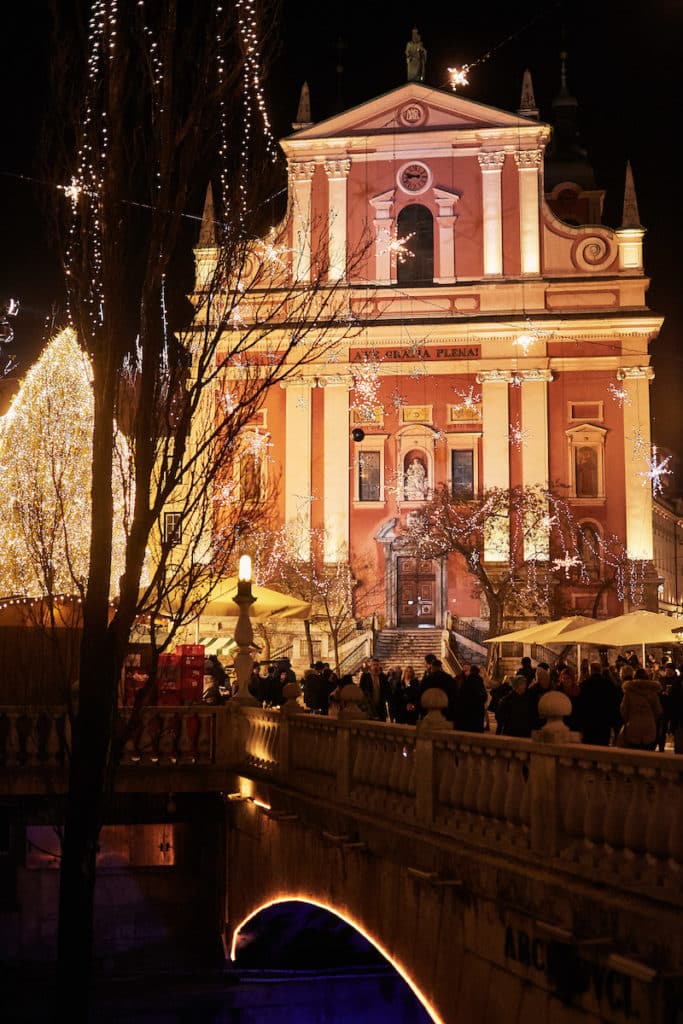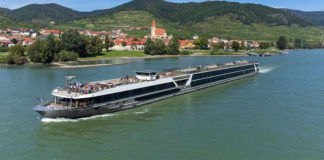Slovenia has become the first country in the world to be declared a certified Green Destination, based on its health, hygiene, sustainability and environmental ethos – which covers everything from its national parks and city centres to its beaches.
The Adriatic-touched country, which is also considered to be one of the safest in Europe, was also – in 2020 – among the first nations in the world to be acknowledged by the World Travel and Tourism Council with its Safe Travels Stamp.
Slovenia is leading the way on eliminating plastic and promoting zero waste. Its capital city Ljubljana recycles 68% of its waste, making it one of the greenest capitals in the world.
All tourism-based businesses in the country are looking to eliminate single-use plastic by the end of this year.
Ljubljana is also a car-free central zone. By introducing new technology, improving public spaces, and upgrading the bus network, the city received a greater increase in public transport use and sustainable activities such as walking and cycling.

Numerous beaches in Slovenia focus on sustainability. The Grajsko Kopališče (Castle Bathing Site) in Lake Bled holds a Blue Flag certificate which guarantees clean water, whilst holding a Slovenia Green Beach certificate for its sustainable approaches.
Some 13% of Slovenia’s territory is protected including the only national park in the country, Triglav National Park, which is widely regarded as one of the oldest and most beautiful parks in Europe. Encompassing the Julian Alps, the park stretches across the north-eastern part of Slovenia and boasts both unspoiled beaches and serene lakes.
Farm to table is highly regarded in Slovenia, with many restaurants having their own circle of local suppliers or even their own fields where they directly source ingredients for their dishes.
At Atelje, located in one of the most prestigious Ljubljana hotels, Grand Hotel Union, Chef Jorg Zupan knows no limits. Finding inspiration in traditional Slovenian recipes, 90% of the food is prepared in-house from local ingredients; they make their own yoghurt, breads, and cheeses.
Michelin-starred restaurant, Hiša Franko, buys from local producers, as well as having a highly sustainable wine menu, featuring mostly natural biodynamic wines.
The Slovenia Green Cuisine label spotlights the restaurants, cafes and bars that put sustainability at the forefront of their cooking.





